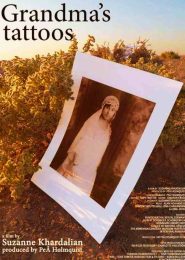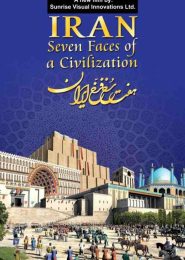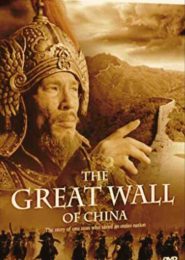What the Ancients Did for Us: The Islamic World (2005)
What the Ancients Did for Us: The Islamic World is a captivating BBC documentary series that delves into the profound impact of ancient civilizations on our modern society. Presented by Adam Hart-Davis, the series explores the remarkable contributions of various ancient cultures, and in this particular episode, it focuses on the Islamic world.
The Arab and Muslim world left an indelible mark on our lives today, and this episode sheds light on their enduring legacy. Here are some key highlights:
- Preservation of Knowledge: Perhaps the most significant contribution of the Islamic Empire was the preservation, refinement, and enhancement of knowledge left behind by ancient scholars. Without the tireless efforts of Muslim scholars, much of this valuable knowledge might have been lost to history.
- Astrolabe and Islamic Astronomy: The astrolabe, a sophisticated instrument, played a pivotal role in Islamic astronomy and geography. Scholars like Abd al-Rahman al-Sufi and Abu-Mahmud al-Khujandi used it to advance our understanding of the cosmos.
- Optical Science and Ibn al-Haytham: The camera obscura, developed by Iraqi physicist Ibn al-Haytham while under house arrest, contributed to the field of optical science.
- Windmills and Their Origin: The windmill, which originated in Afghanistan, was brought back to the West by the Crusaders.
- House of Wisdom: Founded by al-Ma’mun, the House of Wisdom in Baghdad translated and preserved the scientific and philosophical works of ancient Greeks.
- The Grab and Underwater Exploration: The Banū Mūsā brothers designed the grab, an underwater tool used to retrieve objects from the seabed.
- Elephant Clock and Multiculturalism: The Kurdish engineer al-Jazari created the fascinating Elephant clock, showcasing the fusion of different cultures.
- The Alhambra: This magnificent palace in Granada, Spain, exemplifies early Islamic architecture and features gravity-driven fountains.
- Etiquette and Fine Dining: In Andalusia, a freed slave named Ziryab introduced etiquette, fashion, and fine dining.
- Lusterware: Early Muslim alchemists developed lusterware, a technique used to create exquisite porcelain.
The episode takes viewers on a journey through Egypt, Spain, and France, unraveling the rich tapestry of ideas and inventions that emerged during the Islamic Golden Age. From scientific advancements to architectural marvels, the Islamic world’s legacy continues to shape our lives today.
What the Ancients Did for Us: The Islamic World provides a fascinating glimpse into the past, celebrating the ingenuity and resilience of ancient scholars and their enduring impact on our modern civilization.




